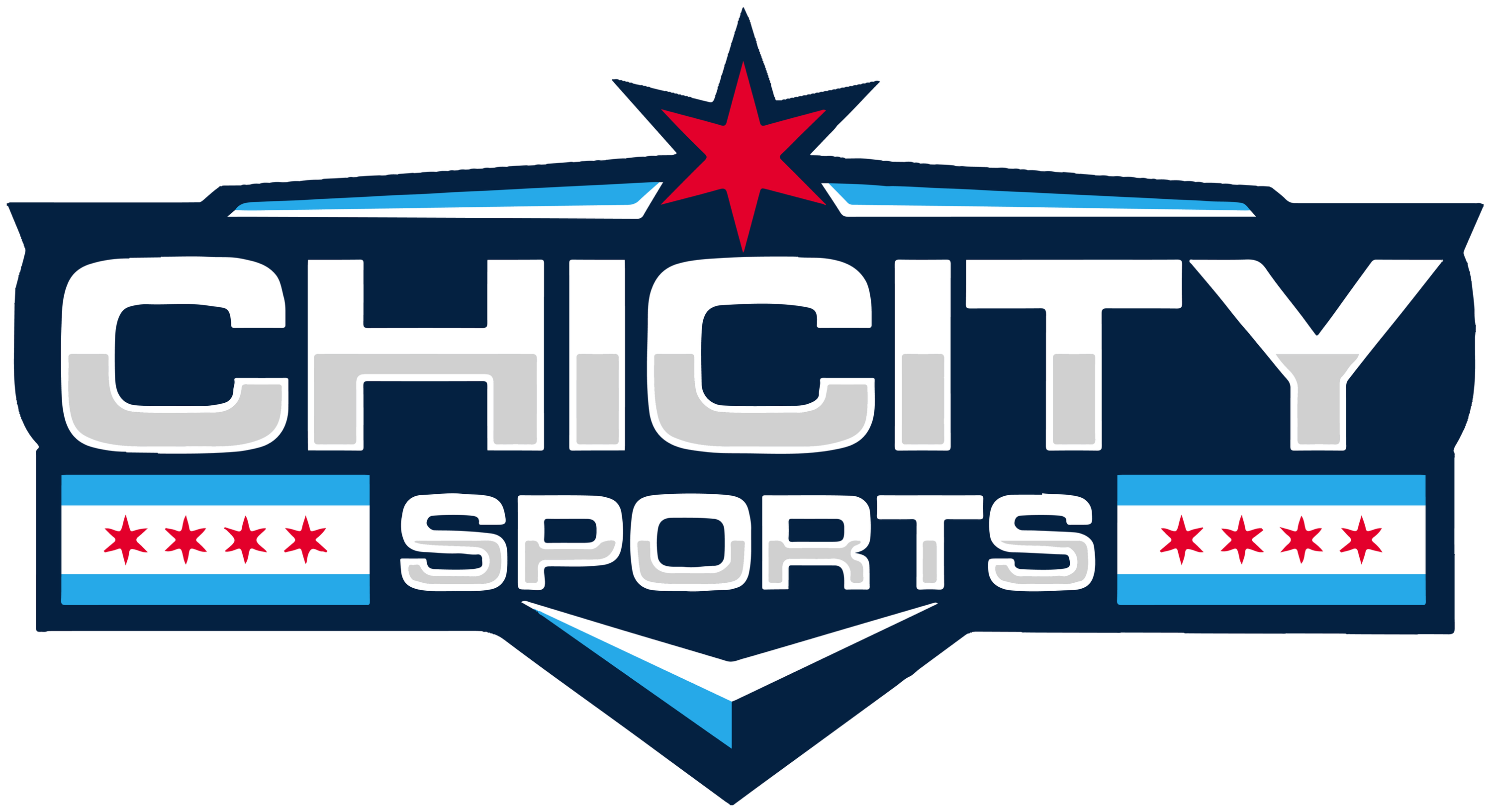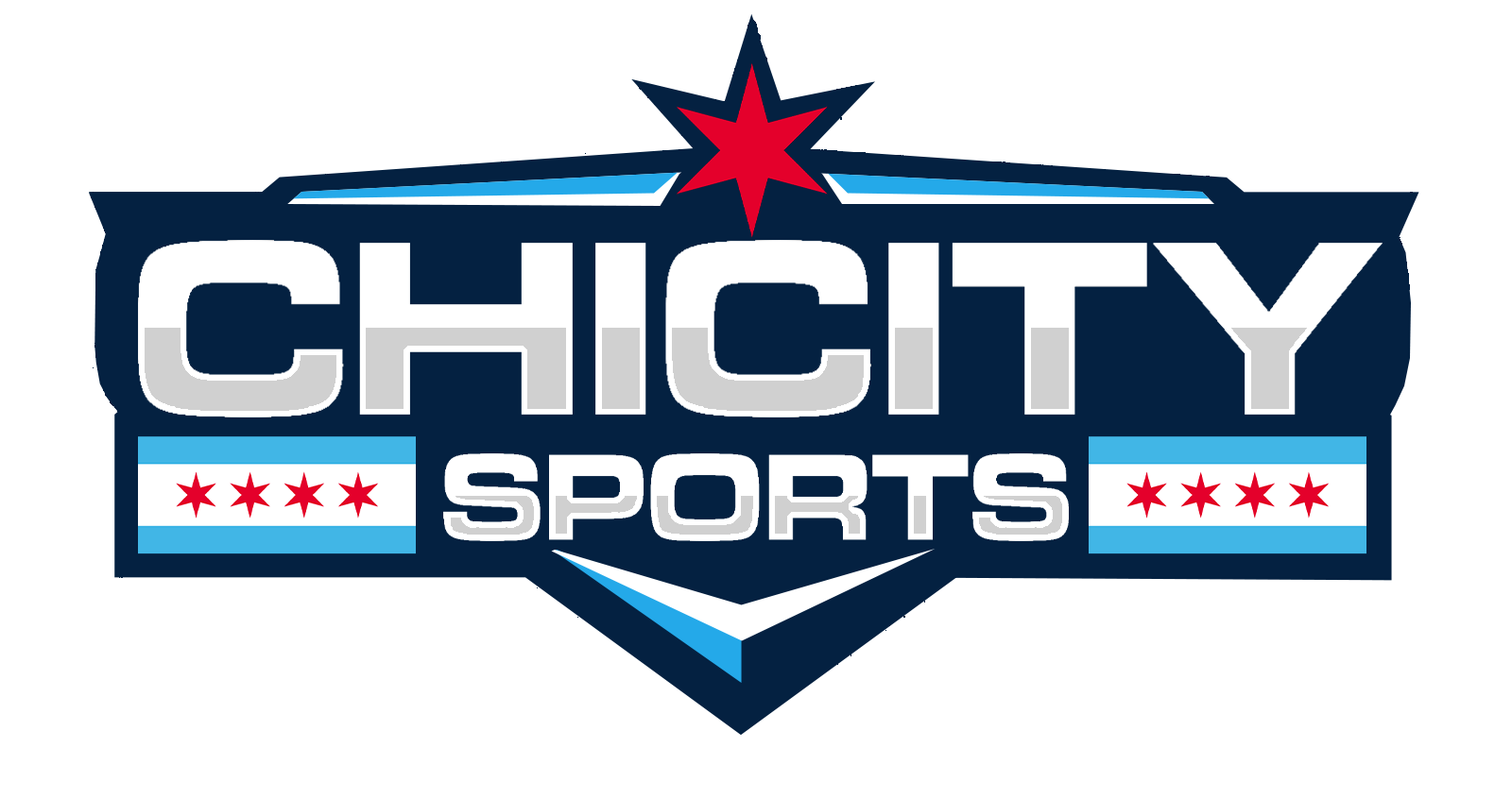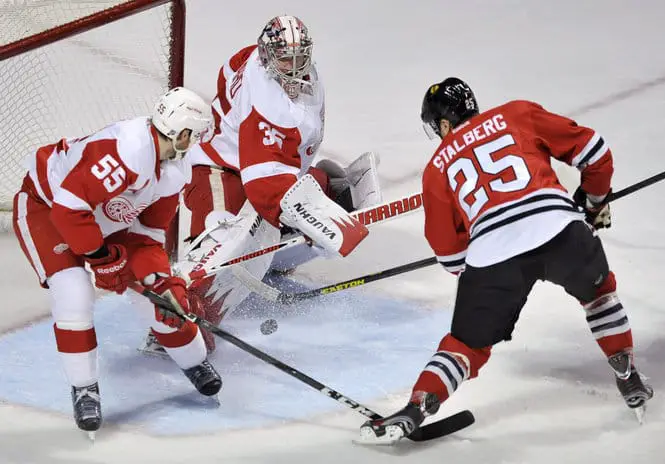Stanley Cup Playoff action never fails to disappoint, and it has come through again as the Chicago Blackhawks will take on the Detroit Red Wings Wednesday in the Western Conference Semifinals. It is the the 16th time these two Original Six powerhouses will meet in the playoffs and the first since the 2008 – 2009 postseason.
Chicago wrapped up its first round last Thursday with a 4 – 1 series win over the Minnesota Wild but did not know its next opponent until Detroit took Game 7 from Anaheim late Sunday night. After going down 3 – 2 in the series, Detroit rallied back to win the final two games of the series and send the Ducks home empty-handed. Now these 86-year rivals play one final series as Western Conference foes in what is sure to be a spectacular series from two of hockey’s most recognizable franchises.
Chicago and Detroit faced off four times in the shortened regular season with the Blackhawks taking all eight possible points. Three out of the four games this season were decided on extra time or a shootout, except for a 7 – 1 Blackhawks routing in Detroit at the end of March.
From the Blackhawks’ perspective, Detroit is beatable – this season demonstrated just that. The past two seasons have seen Chicago take a 7 – 2 – 2 record against the Motor City rivals and Detroit barely slid into the playoffs as the regular season came to a close.
But the Blackhawks know that Detroit never goes down without a fight, paying close attention to its seven-game series with Anaheim in the first round.
“[They’ve got] that same relaxed, patient experience that they’ve shown in the playoffs that makes them a tough team to beat,” said Blackhawks Captain Jonathan Toews. “They’ve got some veteran guys who have won Stanley Cups and they understand what it takes to win during playoff time.”
One of the biggest stories in the NHL coming into this shortened season was the retirement of defenseman and captain Nicklas Lidstrom. Lidstrom was the backbone of the organization during his 20-year career in the Motor City, leading the Red Wings to four Stanley Cup victories. To many, his absence seemed to signal the downfall of Detroit’s impenetrable defensive play and would lead to a hockey decline in Detroit.
But the leadership of veterans like Henrik Zetterberg, Pavel Datsyuk and Niklas Kronwall has shown that Detroit is here to stay. These three alone have contributed 16 points (5G, 11A) in the opening round series against Anaheim. Forward Damien Brunner has been wonderful for the Wings this postseason, showing physicality and grit. He averages about 14 minutes of ice-time per game makes sure the opponent is aware whenever he is on the ice.
Goaltender Jimmy Howard kept the Red Wings in the opening series, despite allowing 20 goals and recording a 0.911 save percentage in seven games. He was able to stifle the high-intensity Anaheim offense by soaking up rebounds long enough for the defense of d-men like Kronwall, Quincy and Colaiacovo to clear the crease. After a 4 – 0 shutout at the Joe Louis Arena in Game 3, Howard kept each game to one goal and may well be credited with turning the series around.
The Chicago Blackhawks know that a veteran like Howard can single-handedly shut down a team, but Corey Crawford can make veterans look like fools. He held Zack Parise to one point (1G, 0A) in 5 games, and Mikko Koivu and Ryan Suter to a combined zero points and -11 plus/minus rating. As one of the biggest question marks for Chicago coming into this season, Crawford enjoyed raucous cheers of “Co-rey! Co-rey! Co-rey!” at the United Center last Thursday night.
“Might’ve caught a couple seconds of that,” said Crawford with a chuckle after closing out the series.
Chicago’s defensive play is an added layer of protection from the back of Crawford’s net, allowing no Power Play goals on 17 attempts. Chicago is the only team in the postseason that has not allowed a Power Play goal. Michael Frolik and Marcus Kruger got a promotion to the first Penalty Kill unit during the series and helped kill any special teams momentum from Minnesota. Frolik established PK dominance by adding a shorthanded goal in Game 2.
“Depth” is the word Head Coach Joel Quenneville has used all season to describe Chicago’s success. And he’s right. All four of Chicago’s lines have added points this postseason, making the lack of production until Game 5 for the top line not a major concern. However, that will need to change against Detroit.
Jonathan Toews and Brandon Saad did not score a point until the final game of the Western Conference Quarterfinals, in which they combined for 3 points (0G, 3A). They did, however, register plenty on the “invisible” scoresheet. Toews worked hard in corner battles and charged the crease whenever possible while Saad broke up the opposing blue line to enter the zone whenever necessary. They’ve been good away from the puck, but the Hawks perform better when the captain is on top of his game.
Patrick Sharp is on top of his game, though. He registered 6 points (5G, 1A) in 5 games against the Minnesota Wild and appears to have recovered nicely from a shoulder injury that landed him on the bench for the second half of the season. Of course, it helps when Patrick Kane is dishing passes from across the ice.
Kane has no goals but 5 assists, including some slick no-look passes in traffic. Should his play in Switzerland during the lockout be credited with his elevated play? Or has he finally matured into the truly lethal winger that he could be? Whatever it is, these “top” two lines have set the bar for the “bottom” two lines – and, boy, have they responded.
Bryan Bickell has 4 points (3G, 1A) in 5 games, including a game-winning overtime goal in Game 1. His linemates, Andrew Shaw and Viktor Stalberg, have added a goal and 4 assists as well. Acquired just before the trade deadline from the San Jose Sharks, Michal Handzus has done his job in the faceoff circle thus far. He ranks second on the team behind Toews, winning nearly 42 percent of his faceoffs. He will be a key factor in Chicago’s success, but may be bumped to the fourth line if Bolland returns in the next round.
Stalberg sustained an injury before the close of the first series, but Quenneville has not indicated whether or not he will play in Game 1. He skated with the rest of the team during practice Monday, as did Dave Bolland, who missed the first round due to a groin injury. Goaltender Ray Emery is still battling a lower body injury and is unlikely to play in Game 1, per Quenneville.
For More Great Chicago Sports Content
Get the latest Chicago sports news, analysis, and breaking stories on the Bears, Bulls, Blackhawks, Cubs, White Sox, Sky, and more! Tap the star to add us to your favorites on Google News, so you never miss a story on your favorite Chicago teams.
Follow us on Twitter at @chicitysports23 for more great content. We appreciate you taking time to read our articles. To interact more with our community and keep up to date on the latest in Chicago sports news, JOIN OUR FREE FACEBOOK GROUP by CLICKING HERE




